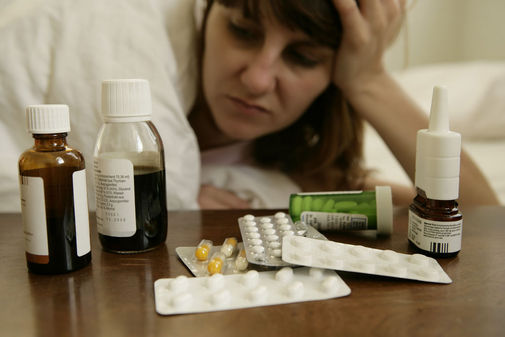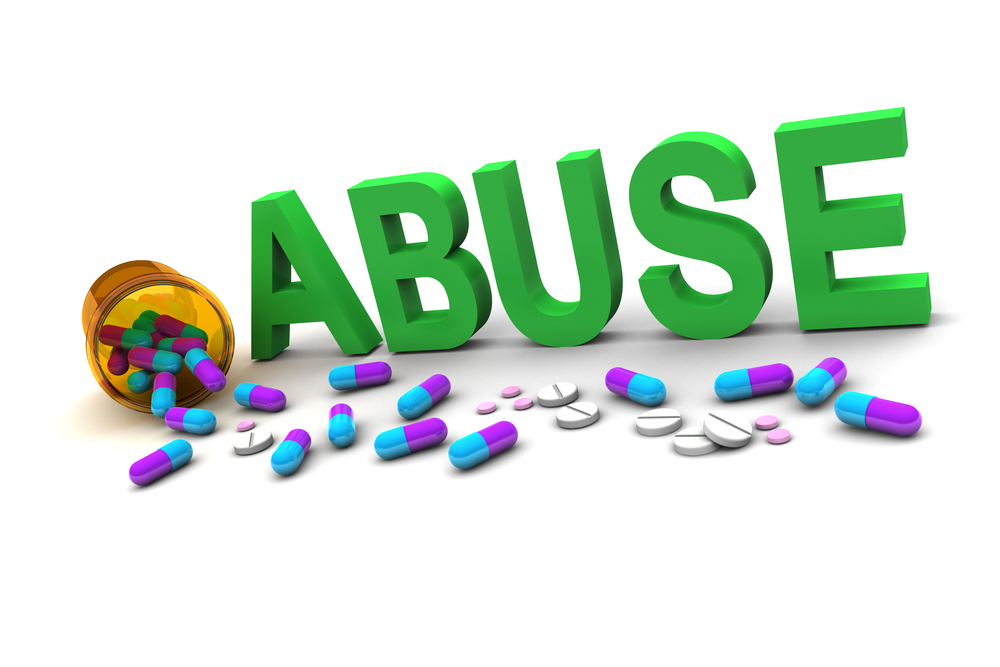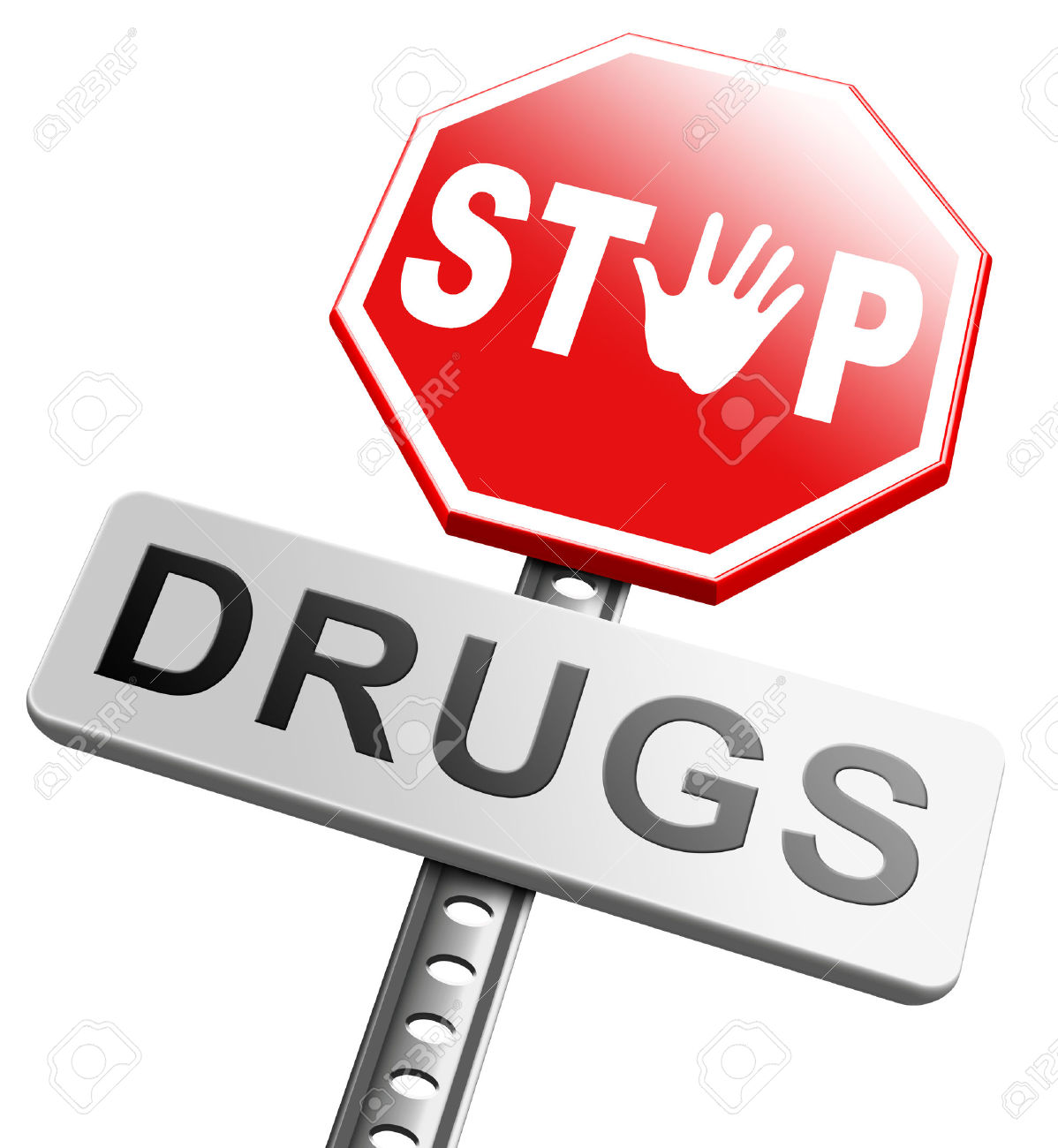Addiction treatment systems for dual diagnosis

Addiction treatment systems for dual diagnosis when treated there will definitely be a breakthrough
Addiction treatment systems for dual diagnosis: Mental health treatment
As with mental health treatment, no single addiction treatment system exists. Rather, there is a collection of different types of services such as social and medical model detoxification programs, short and long-term treatment programs, methadone detoxification and maintenance programs, long-term therapeutic communities, and self-help adjuncts such as the 12-step programs. These programs can vary greatly with respect to treatment goals and philosophies. For example, abstinence is a pre-requisite for entry into some programs, while it is a long-term goal in other programs. Some AOD treatment programs are not abstinence oriented. For example, some methadone maintenance programs have the overt goal of eventual abstinence for all patients, while others promote continued methadone use to encourage psychosocial stabilization.
As with mental health treatment, addiction treatment is provided by a diverse group of practitioners, including physicians, psychiatrists, psychologists, certified addiction counselors, MFCCs, and other therapists, counselors, and recovering paraprofessionals. There can be a wide difference in experience, expertise, and knowledge among these diverse providers. As with mental health treatment, most States have public and private AOD treatment systems.
The strengths of addiction treatment services include the multidisciplinary team approach with a bio-psychosocial emphasis, and an understanding of the addictive process combined with knowledge of the drugs of abuse and the 12-step programs. In typical addiction treatment, medications are used to treat the complications of addiction, such as overdose and withdrawal. However, few medications that directly treat or interrupt the addictive process, such as disulfiram and naltrexone, have been identified or regularly used. Maintenance medications such as methadone are crucial for certain patients. However, most addiction treatment professionals attempt to eliminate patients’ use of all drugs.
Addiction treatment systems for dual diagnosis: Similarities Treatment Systems
- Variety of treatment settings and program types
- Public and private settings
- Multiple levels of care
- Bio-psychosocial models
- Increasing use of case and care management
- Value of self-help adjuncts.
Many who work in the addiction treatment field have only a limited understanding of medications used for psychiatric disorders. Historically, some people have mistakenly assumed that all or most psychiatric medications are psychoactive or potentially addictive. Many addiction treatment staff tends to avoid the use of any medication with their patients, probably in reaction to those whose addiction included prescription medications such as diazepam. Many staff lack proper training and experience on the use of such medications. In the treatment of dual disorders, a balance must be made between behavioral interventions and the appropriate use of non-addicting psychiatric medications for those who need them to participate in the recovery process. Withholding medications from such individuals increases their chances of AOD relapse.
Because of these variances in administering addiction medication you will certainly need experienced experts in this discipline and we can say with authentication that doctor Dalal Akoury MD, President and founder of AWAREmed Health and Wellness Resource Center is the expert you need. In her over two decades of professionalism, she founded this facility primarily to create a medical center whose main objective is to transform each individual’s life through increasing awareness about health and wellness and by empowering individuals to find their own inner healing power. Besides, her practices focuses on personalized medicine through healthy lifestyle choices that deal with primary prevention and underlying causes instead of patching up symptoms making her the better option for you to call on telephone number 843 213 1480 for the commencement of your recovery process.
Addiction treatment systems for dual diagnosis: Mental health treatment
http://regenerativepotential.com/wp-admin









